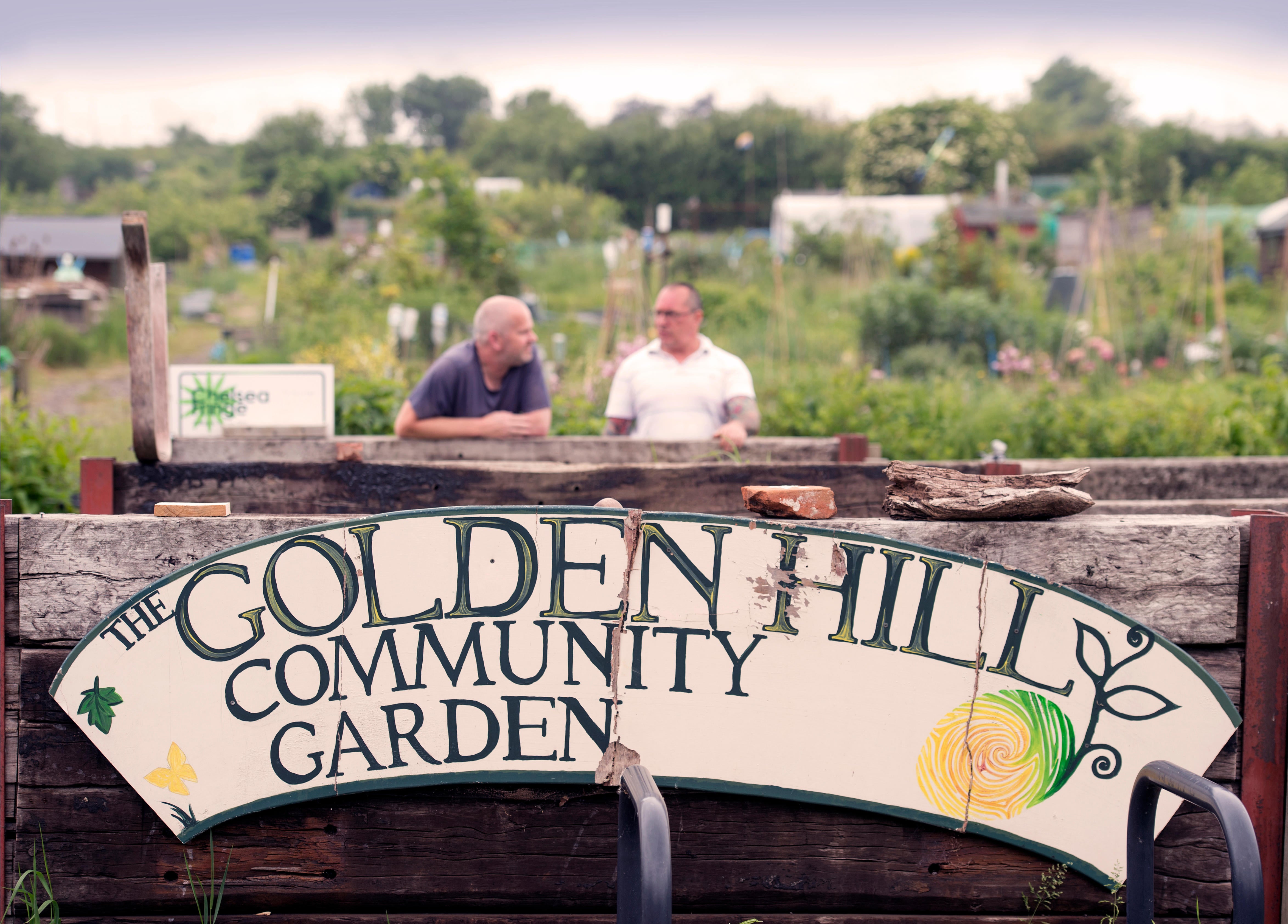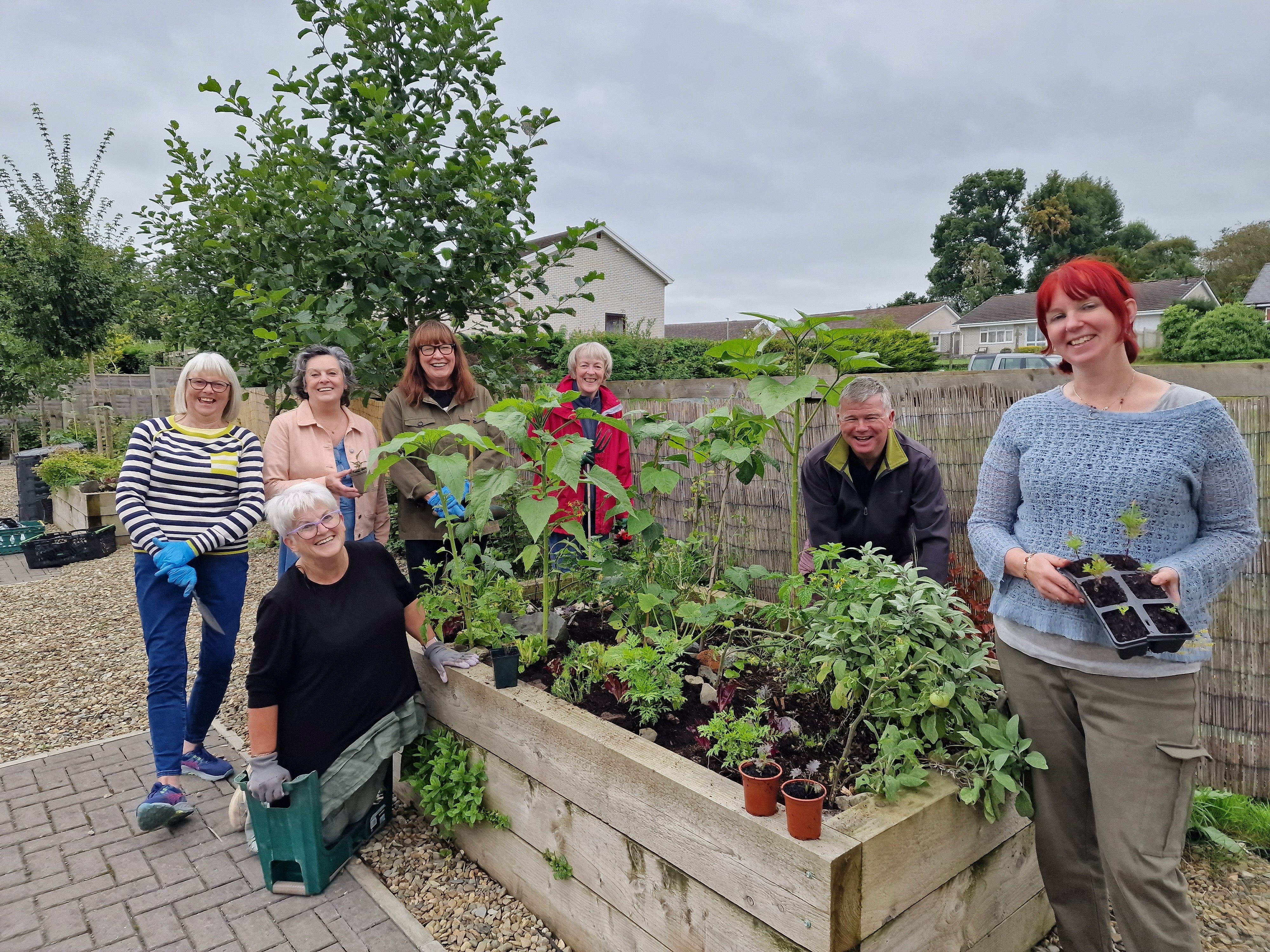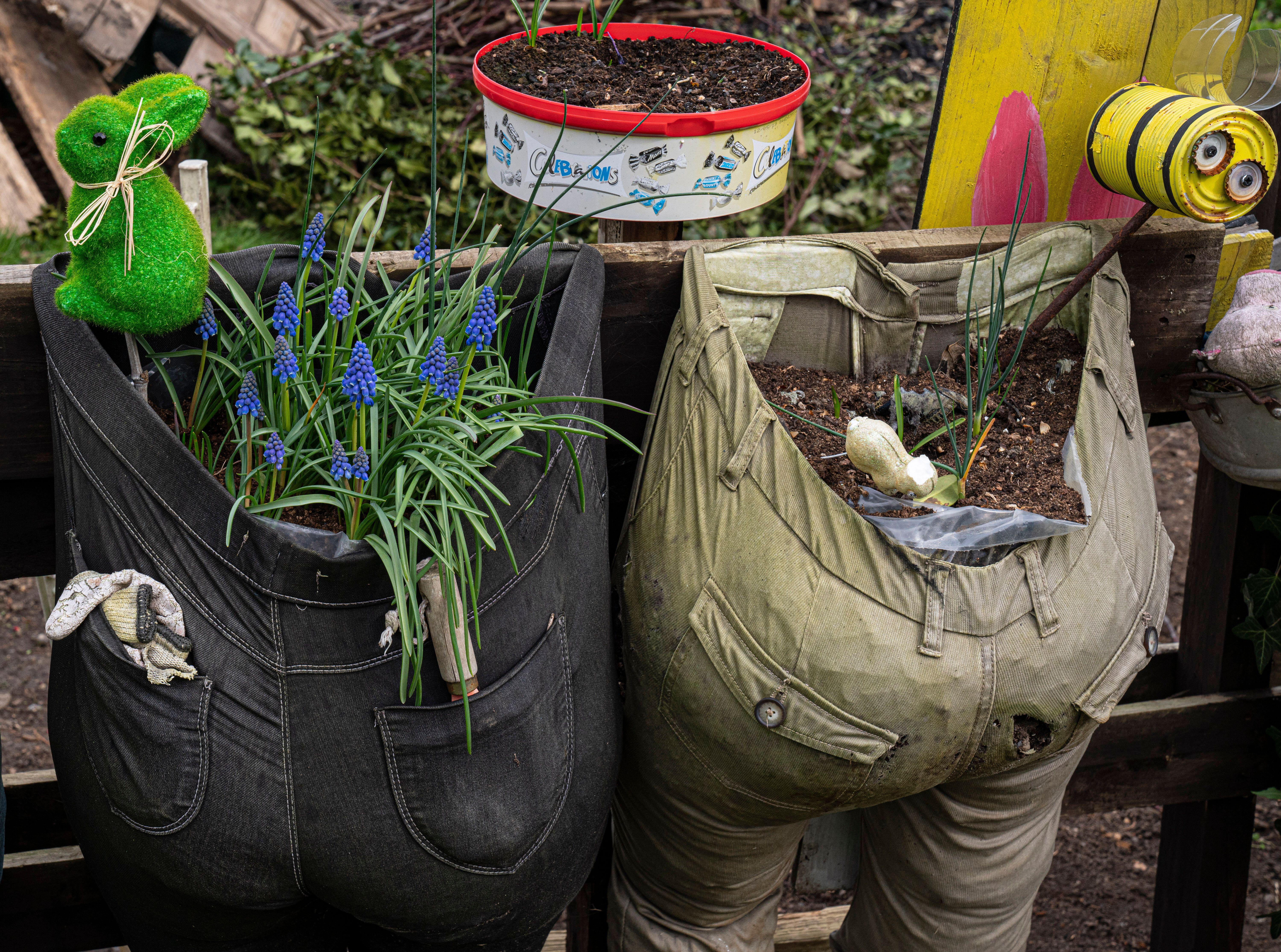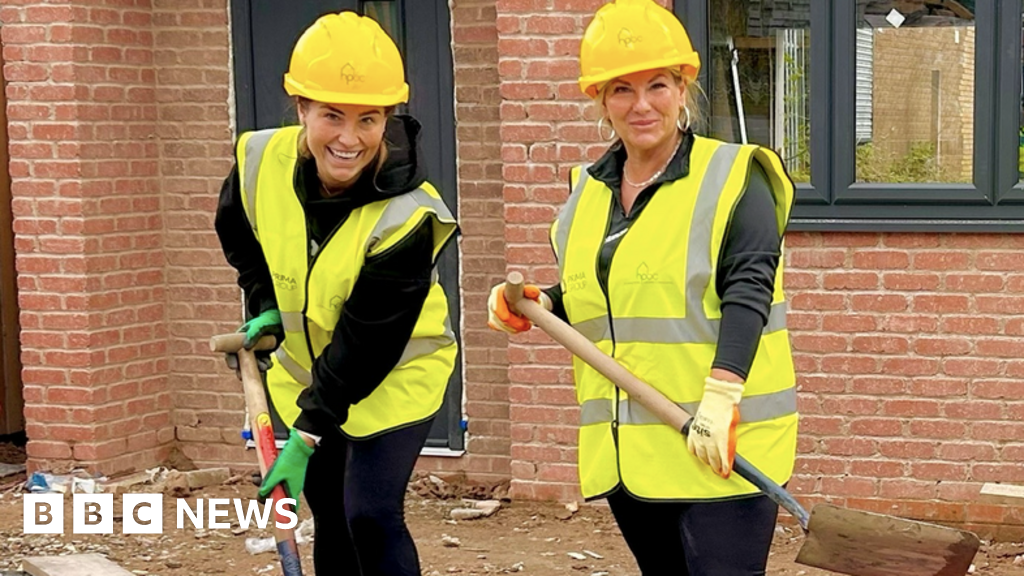Allotments offer far more than just a space to cultivate fruit and vegetables.
They are crucial for fostering physical, mental, and social wellbeing, according to gardening experts.
This profound benefit is the central focus of this year’s National Allotments Week, an annual awareness event organised by the National Allotment Society.
For anyone seeking a significant boost to their overall health and happiness, these verdant plots present a compelling and holistic solution.

They help people connect
Gardening expert Kim Stoddart, author of The Climate Change Resilient Vegetable Garden, who began running a community garden project at Creuddyn in Ceredigion, Wales, after the pandemic, found that initially volunteers were struggling to connect.
“There’s still a sense of that in the world at large, but communities bring people together and gardens bring people together,” says Stoddart, editor of Amateur Gardening magazine.
“There’s such a strong sense of togetherness through the ability to nurture an allotment in a community environment. They are such important social hubs and can help with socialisation, alleviate loneliness and anxiety and worries about the world. They are beautiful places where people can come together and feel that the world is ok.”
They encourage healthy eating
If managed properly, an allotment can produce enough food to supplement a family’s weekly shop with fresh fruit and vegetables throughout the year, according to gardening for health charity Thrive.
Many allotment holders garden organically and have a sense of satisfaction in the knowledge they’ve grown the edibles themselves, know how they’ve been grown and exactly what they are eating.
Growing your own also promotes a sense of fulfilment, the charity adds.
They tackle gardening guilt

“I always find in the courses I run that people feel guilty that they are not doing things in the right way and that their plots are not like the gardens they see on TV. A lot of people feel that they are not doing enough.
“But actually, we need our gardens and our community spaces to be nurturing right now, to help us cope with things that are happening in the world. So the therapeutic benefit of them is huge.”
They encourage kindness
“There’s nothing like a good old-fashioned barter and exchange, and community allotments are a very good place for this, but it’s also about reaching out to people and the connections you can create with little acts of kindness,” says Stoddart.
“It makes you feel good about yourself, although you have to be aware that you don’t want to pass on something that people don’t want, like forcing endless courgettes on people just because you want to get rid of them.
“But giving things like cuttings or strawberry runners, or whatever you have a surplus of, feels really nice to engage in that way. It’s down-to-earth, grounded and hopeful.”
They help people with illnesses
Allotments not only support physical health through aerobic exercise such as digging and raking, but can also help improve speech, cognitive and motor skills for people with debilitating illnesses, Thrive says. Being outside in sunlight can also increase vitamin D levels and lower blood pressure.
They encourage recycling creativity
“Turning rubbish into the wondrous is an incredibly powerful feel-good action. Take something that would otherwise go to landfill and find something useful to do with it. It feels like you’re taking back control,” Stoddart continues.

Creating simple things such as old welly planters, or using broken pots to create rockery-like displays which will help protect plants drying out if you have heatwaves, can give people the feel-good factor, she says.
“The community garden was a building site housing a lot of rubble. So, we’ve used lots of stone and rubble as a mulch around plants, which helps protect them from heat.
“Old windows can be used as impromptu cold frames. We need to carry on growing into the winter and make use of this precious outdoor space when the weather changes, which would also give people an excuse to go to the allotment.”
They promote seed-saving
“There’s something very sacred about the saving of seed in other cultures around the world. It’s like full-circle gardening where you are saving money by saving seed from your flowers and crops so you can sow them next year. It’s also a way of creating more resilient seed.
“It’s connecting you with the full-circle completion of the plant, it’s saving you money and it’s a way of taking control back. The hand-eye coordination, the touching, the feeling, the harvesting and seed-saving connects you with the ebb and flow of the seasons and the hope and promise of future food growing in the years to come.”
She notes that during heatwaves, for example, the seeds saved from crops which have performed the best will be more resilient in the future, because genetically the seed has coped with the heatwave.
“Lettuce, for instance, is easy to save from, as are tomatoes which will grow true to type, and rocket is a resilient allotment growers’ ally. It self-seeds and is great for ground cover, and radish is very good as well.”
National Allotments Week runs from Aug 11-17.


